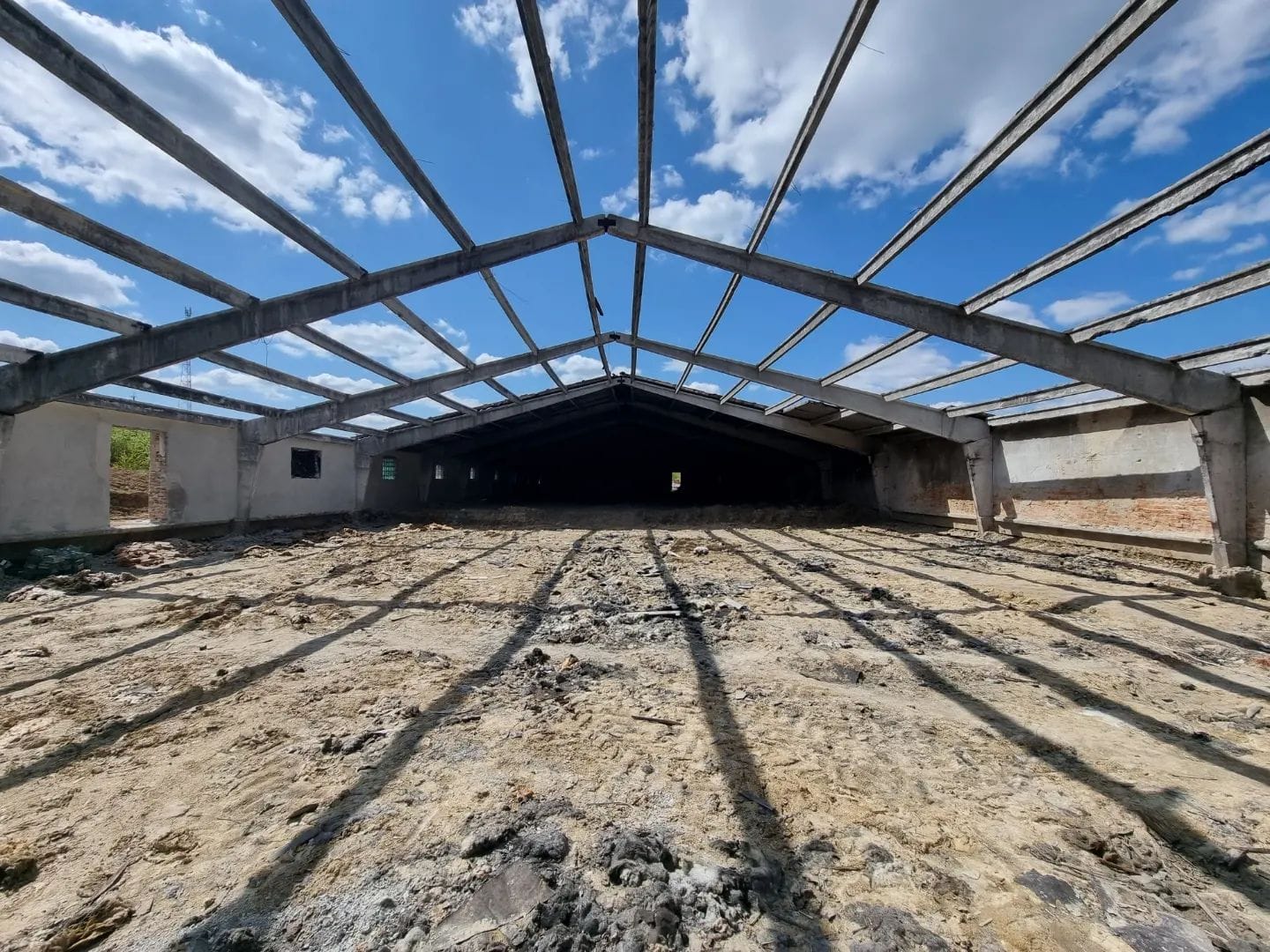This website uses cookies so that we can provide you with the best user experience possible. Cookie information is stored in your browser and performs functions such as recognising you when you return to our website and helping our team to understand which sections of the website you find most interesting and useful.
Kozova Territorial Community
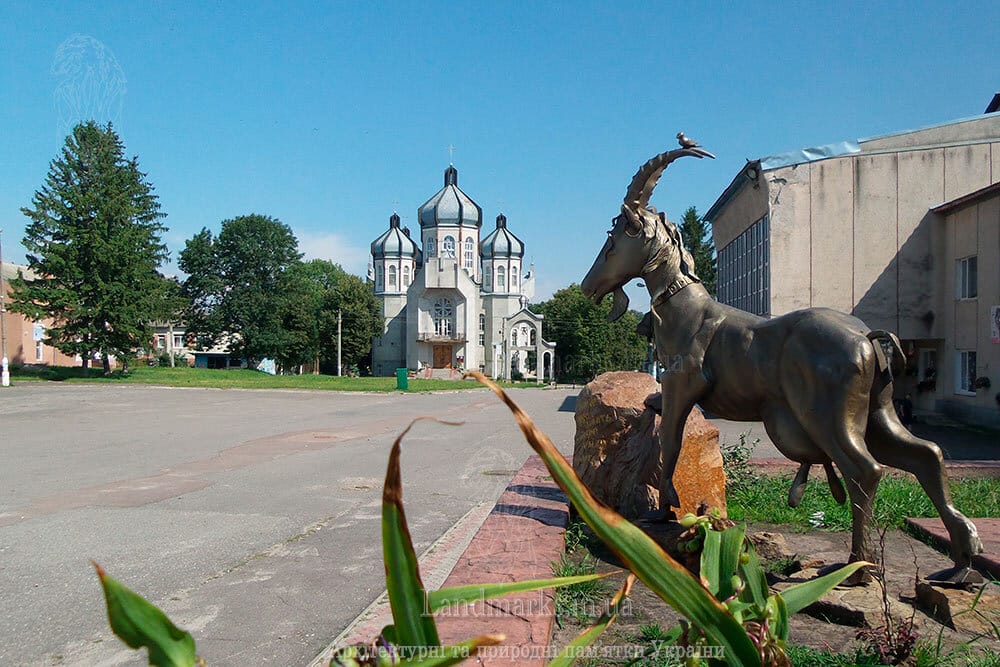
The Kozova Settlement Community is located in the territory of the Ternopil District of the Ternopil Region.
The area of the Community is 435.1 km².
Population of the Community: 25,403 residents
Men: 11,241 residents
Women: 14,162 residents
Children: 4,215 residents
Pensioners: 6,163 residents
Internally displaced persons: 1,300 people
The territorial community includes thirty-five villages with its administrative centre being in the settlement of Kozova.
History
Kozova was first mentioned in 1440. The village belonged to the Potocki magnates, who built a castle there in the 16th century. It had to defend their possessions from the Turks and Tatars. In 1667, during the attack on Kozova, it was burned, and the castle was destroyed. The underground passages that connected the castle with the town have partially survived to our time.
In 1775, the owner of Kozova was August Fryderyk Konstantin Moshynsky, who built a new palace-manor, but in another place, on a hill. The nobleman’s family lived in it.
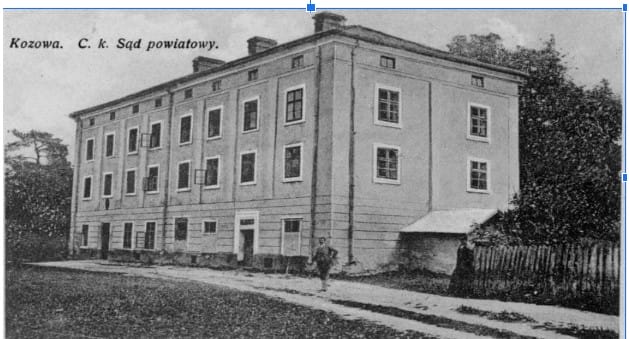
And on the place where the defensive castle of the Potocki was built, Moshynsky built a factory, which probably produced aromatic additives. Now it is an abandoned building. However, it is quite easy to find the signs of the former defensive castle.
Later, in the 19th century, one of the owners of Kozova was Count Henrik Szeliski, who set up a distillery of alcohol, liqueurs and rum in the premises of the castle.
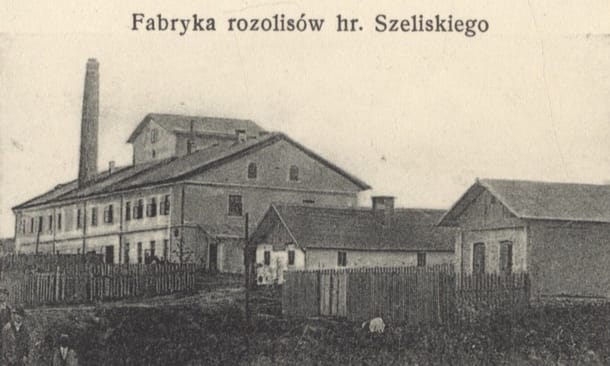
In late August 1914, Kozova was occupied by the russian army. During 1915-1920, the town changed hands several times. From 1939 until Ukraine gained independence in 1991, the Kozova area was part of the Soviet Union. The Kozova District became one of the seventeen districts of the Ternopil Region as part of Independent Ukraine.
In June 2020, the Kozova Territorial Community was created.
The Church of the Assumption of the Blessed Virgin Mary is located in the territory of the Community, which is the oldest church in the town. The first known mention of the temple in Kozova dates back to 1680. The present church was built in 1885.
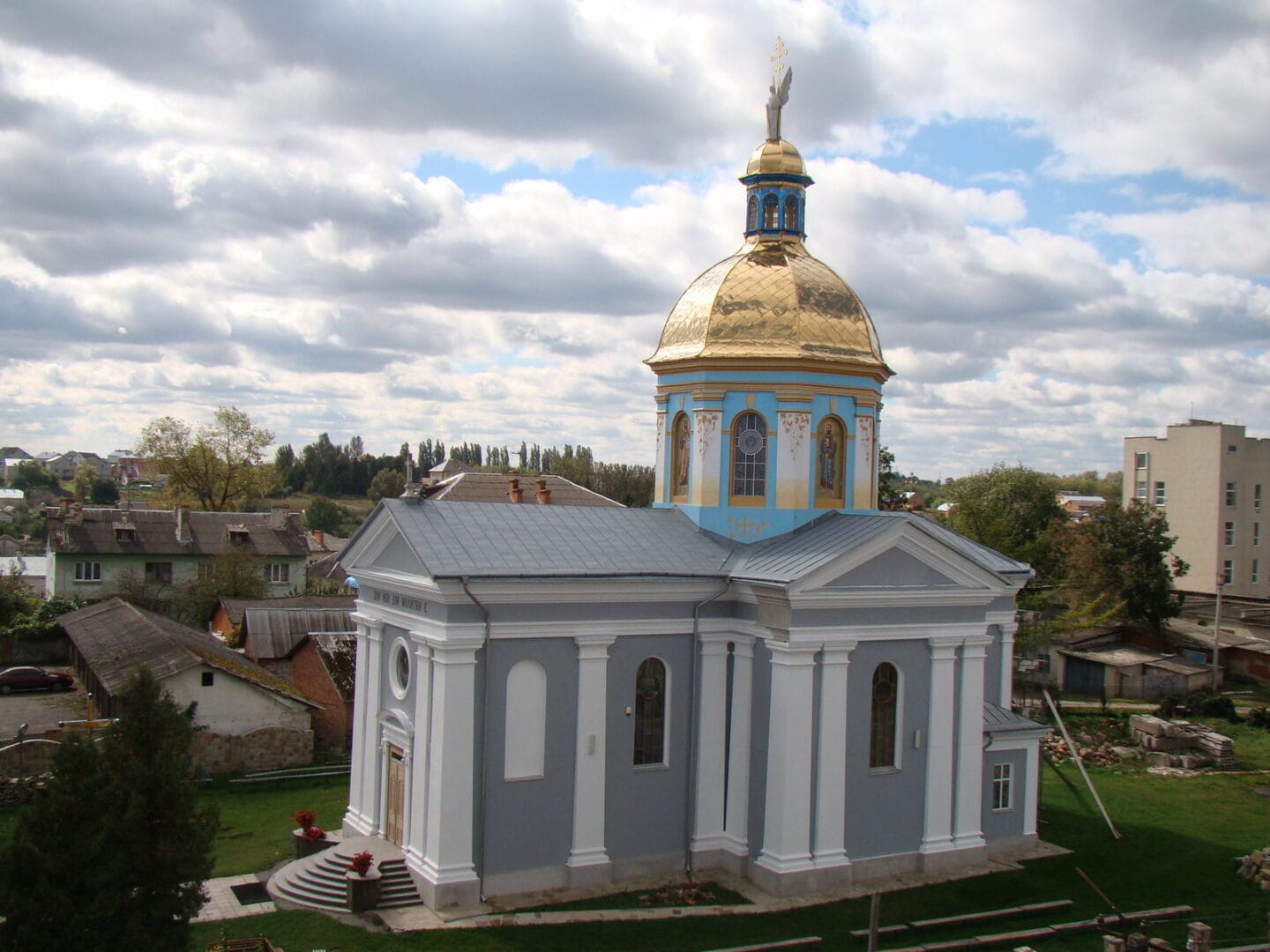
Economy and Welfare
The agricultural lands of the Kozova Community account for 80% of its territory; there are about 40 fish ponds, as well as minerals: limestone, clay, sand, and there are sources of sulphurous waters.
There are enterprises in the territory of the Community that export products of their own production to European countries. These are mainly agricultural products: cereals, meat and food by-products, seeds and fruits of oil plants, processed products of vegetables and fruits, fats and oils of animal or vegetable origin, as well as wood and wood products.
There are four agricultural service cooperatives working in the Community, which provide services in berry growing, dairying, grain processing and fodder production, and processing of dairy products. There are also eight farms that cultivate the land.
There are enterprises producing wooden construction structures and carpentry, products of the flour-milling and grain industry, concrete products for construction, those engaged in wholesale trade of wood, building materials and sanitary equipment, retail trade of iron products and building materials and others.
The largest enterprise in the Community is a sugar factory; it occupies an area of 240 hectares. The construction of the sugar factory began in 1954. Currently, the enterprise has been modernized and has achieved an increase in the production capacity of the plant to 4,000 tons of sugar beet per day. The plant is equipped with access roads for both rail and road transport. The main products produced by the sugar factory are commercial granulated sugar, by-product molasses and pulp (raw).
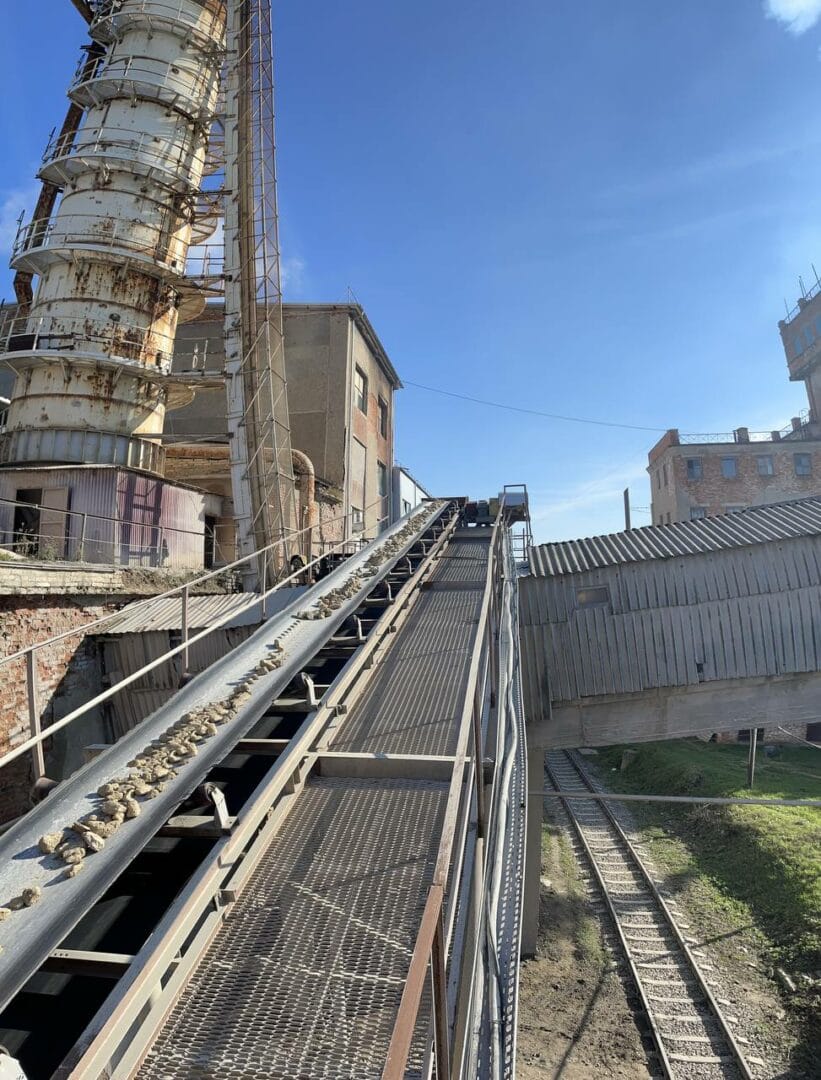
The Kozova Territorial Community runs seventeen general secondary education institutions, including five lyceums, nine grammar schools and three primary schools.
Kozova Lyceum No. 1 was the first educational institution in the settlement built in 1929 and completely restored in 2017. Now it is a modern bright school, attractive on the outside and functional inside.
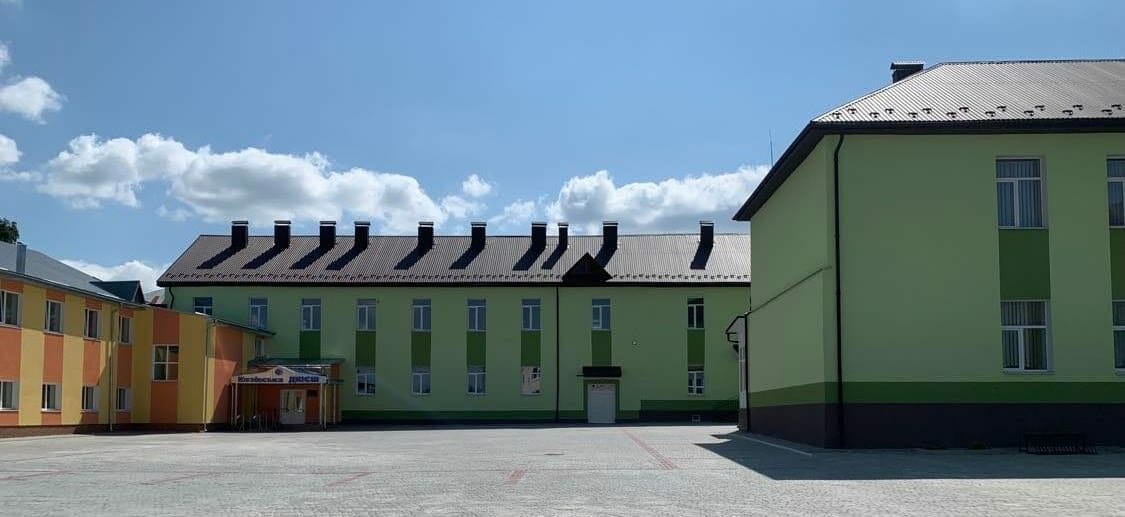
During the building works in Kozova School No. 1, a bottle sealed with wax was found between the ceiling boards with a letter written in Polish. The letter lists the people who participated in the construction. The letter is dated 08 June 1929. This letter was handed over to the museum of the Community, and in its place, the management and students of the school wrote their “message” to future generations, with the hope that it will be just as well preserved.
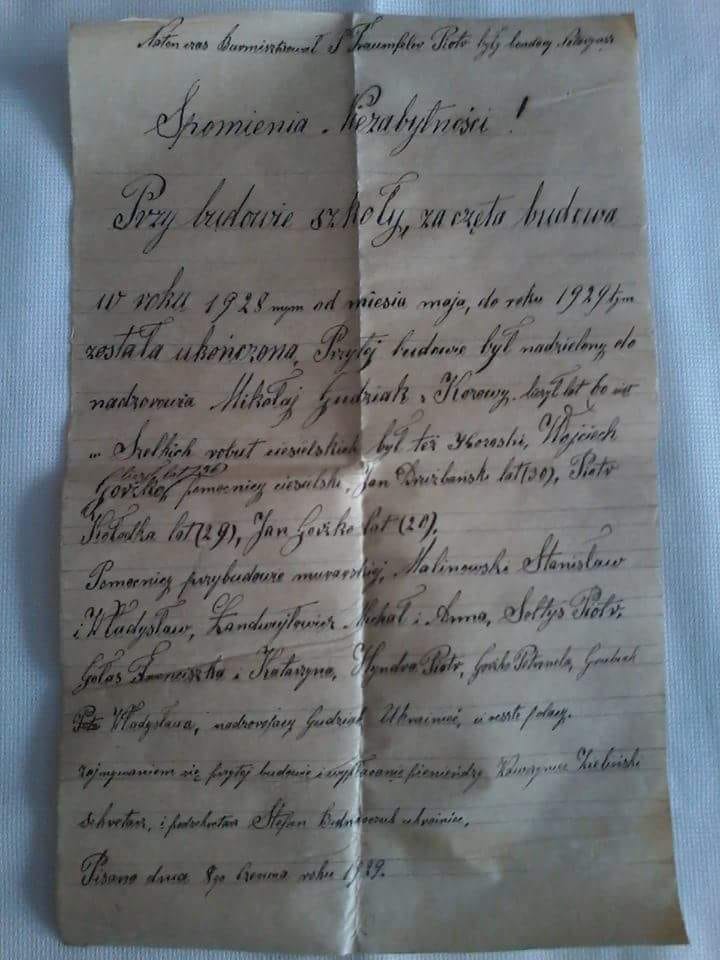
The Kozova children’s youth sports school works in the Community, where four sports are practiced: football, handball, table tennis and volleyball. From 2017 to 2021, the school was overhauled. During this period, reconstruction works were carried out and the second floor was added. In May 2021, the school building was commissioned.
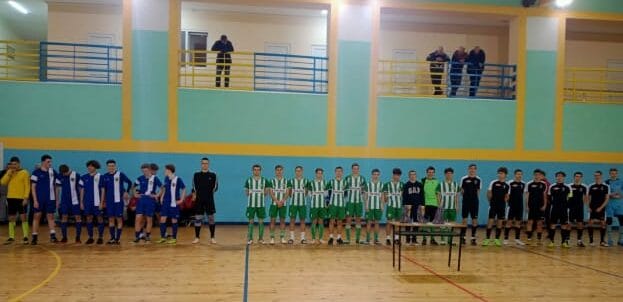
In 2017, a swimming pool was opened at the Kozova Lyceum No. 2 and a sports hall with a modern complex of exercise facilities was equipped.
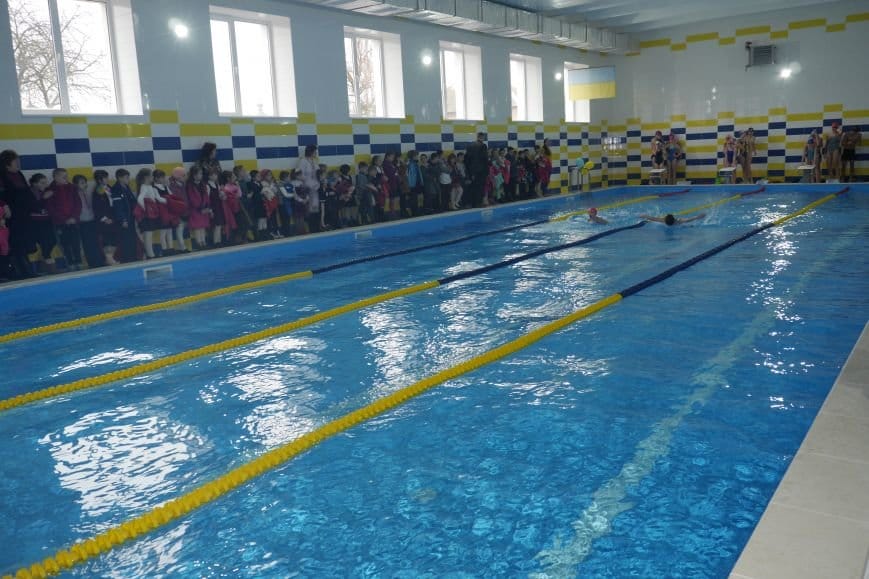
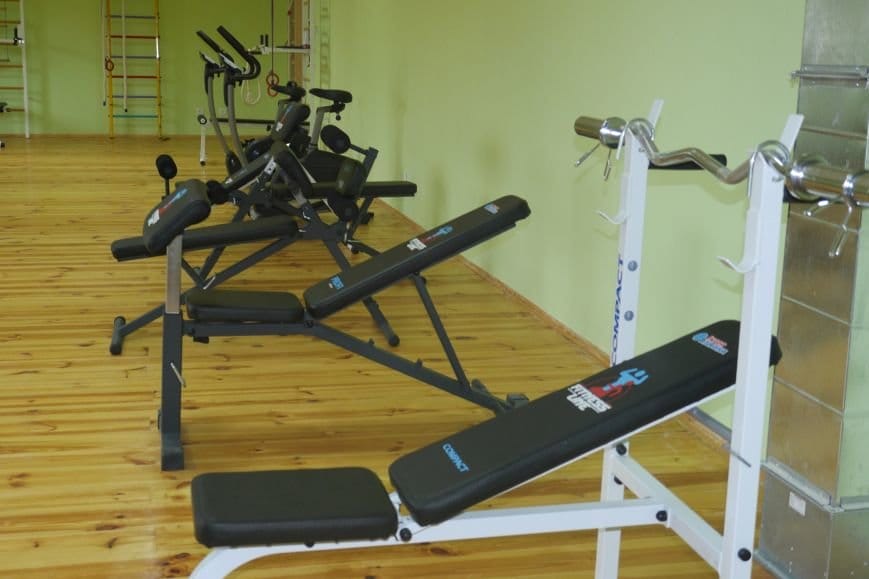
The Forest Song arboretum, which was founded in 1960, is located in the territory of the settlement. There, they created separate, miniature ensembles characteristic of parks: a cascade of lakes with an island and a bridge, gazebos, the mythical grotto of Dana, dungeons. More than 110 species of trees, shrubs and primroses grow in the arboretum.
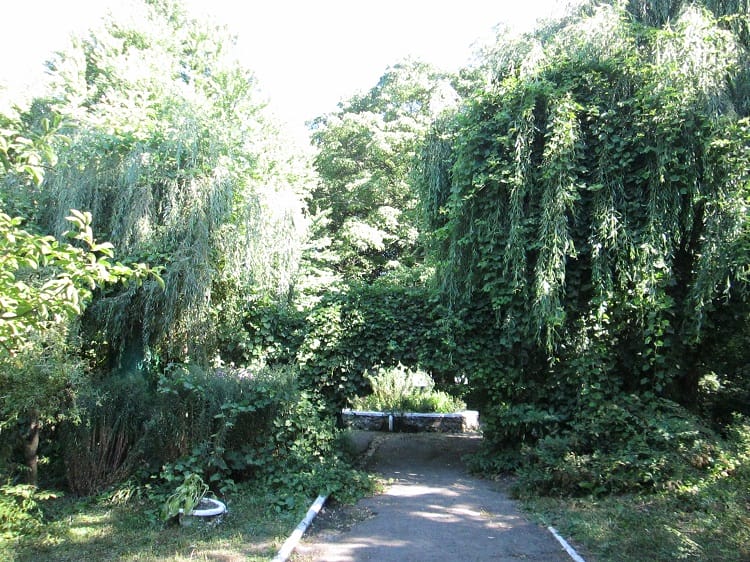
Medical assistance to the population is provided by the Kozova Central District Hospital. It provides services in various areas of medicine and has modern equipment.
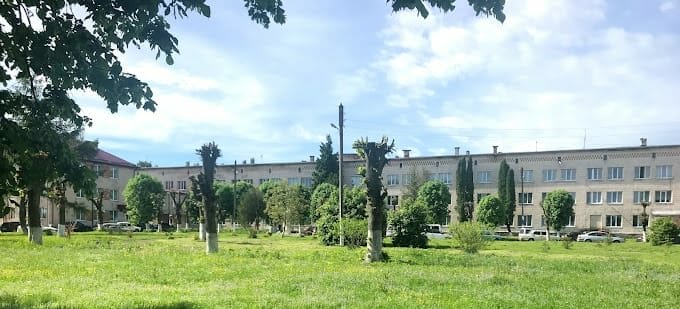
Recently, a new fire brigade was opened in the Community. This building was built by the rescuers step by step since 2003, with the support of patrons and active local entrepreneurs. It is equipped with modern equipment and necessary machines. The newly built fire and rescue unit will also provide services to the residents of the three neighbouring communities.
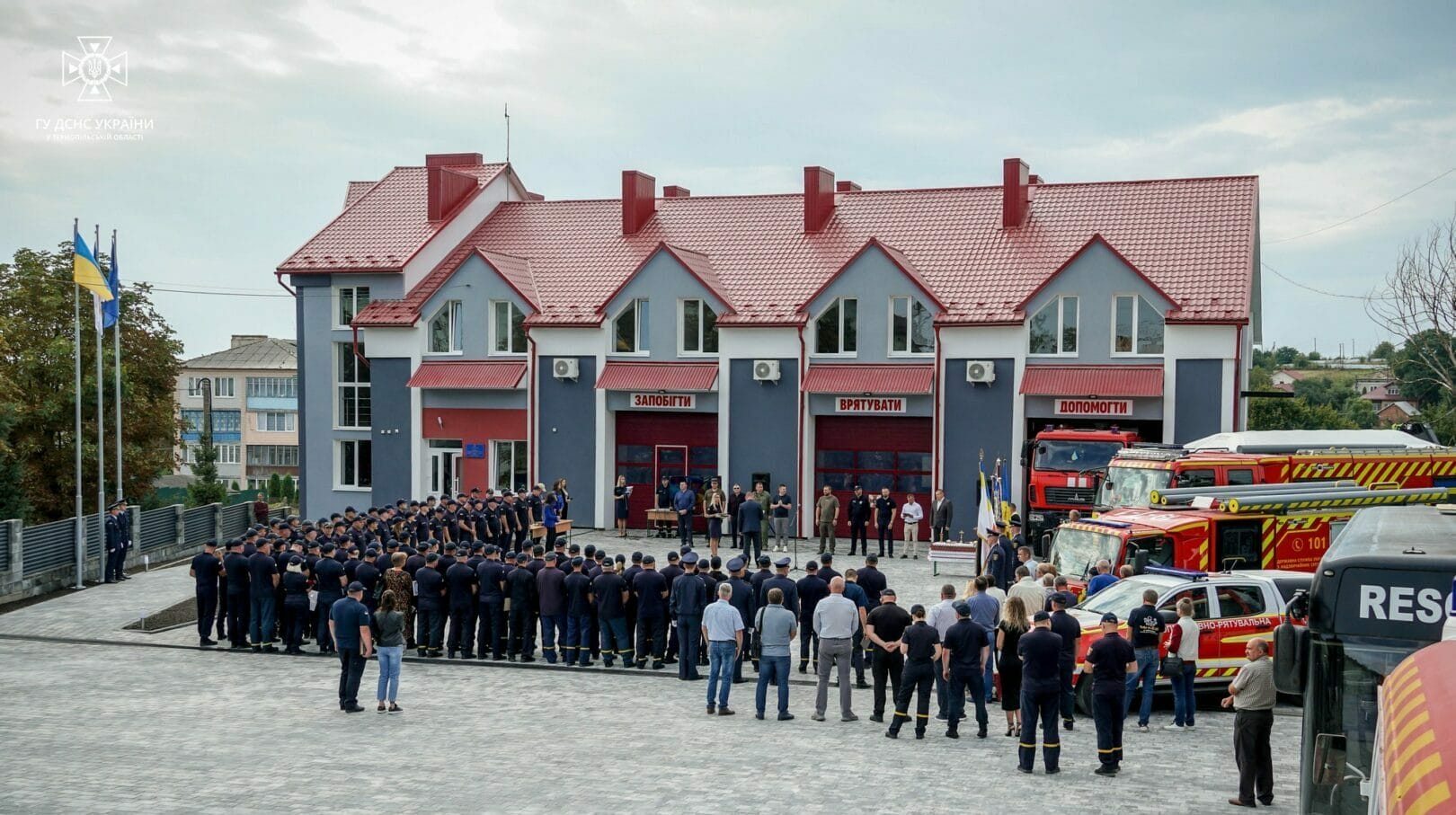
Community and War
The first days of the invasion rallied the active residents of the Community – the authorities, the clergy, business representatives and others. The head of the Settlement Council, Serhii Dobaliuk, immediately organized work to ensure the safety of the population. In the first weeks, a coordination centre was formed at the Settlement Council. Residents of the Community brought food, medicine, basic necessities, and clothes for the defenders.
Due to the active dissemination of information about the saboteurs, roadblocks were set up at the entrances and exits of settlements and bridges.
Subsequently, internally displaced persons from various parts of Ukraine began to arrive en masse in the Community. There were lines of cars on the highway. More than 3,000 displaced people found shelter in the Community. At the same time, the Community set up shelters in schools and kindergartens. Today, about 1,300 internally displaced persons are living in the Community.
One of these refugees, architect Viacheslav Yemelianenko from Kharkiv, found temporary shelter in the Community. In order to thank the Community, he left the Palms of Life sculpture on an island in the middle of the Koropets River. A viburnum, the symbol of Ukraine, was planted near the sculpture.
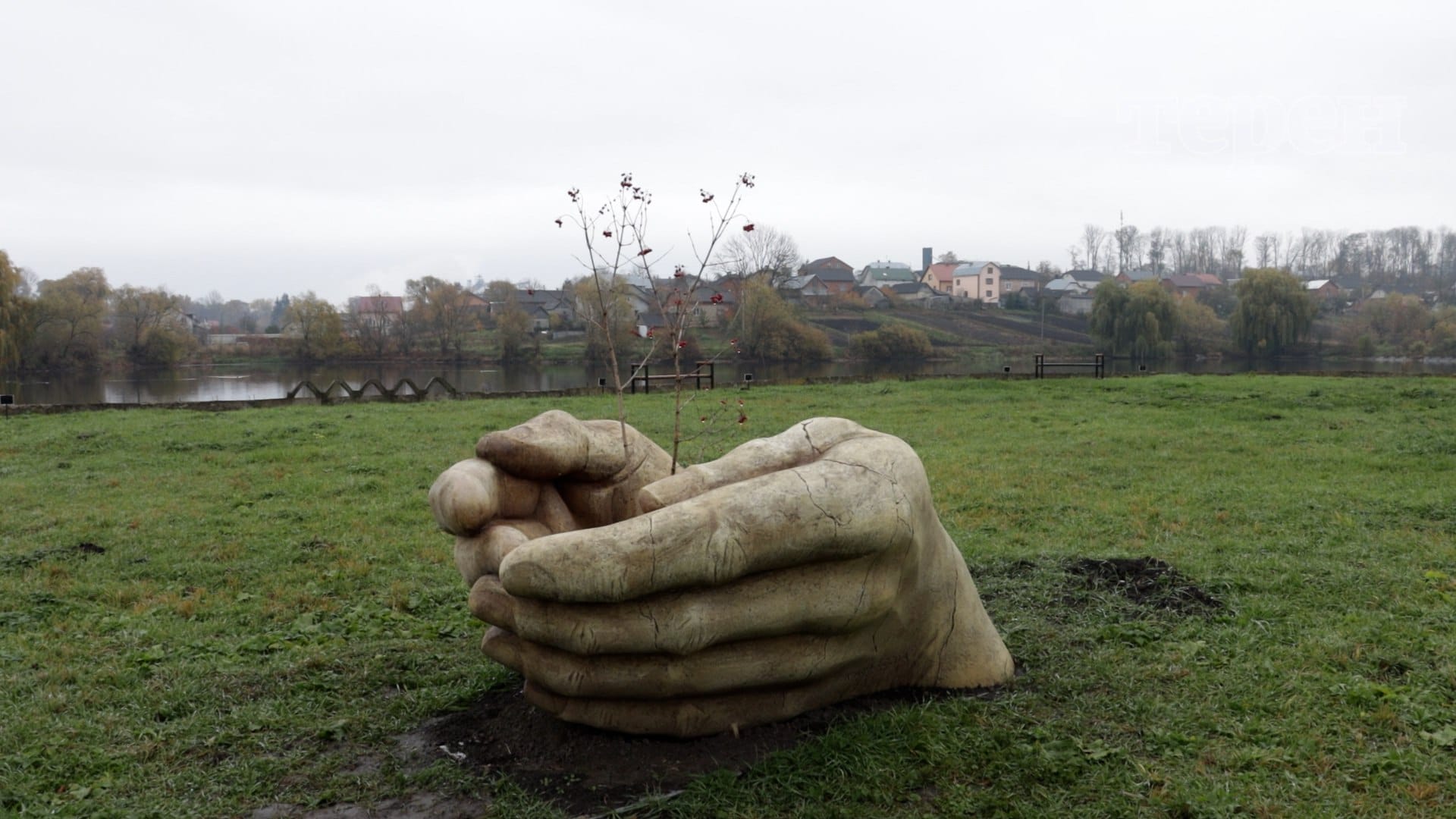
Since the beginning of the full-scale invasion, the Kozova Community has been helping the de-occupied and front-line regions. In the front-line territories, any help is badly needed, including the help of medical workers as many specialists have left the areas because of the threat to their lives. Currently, four doctors from the Community are on duty there.
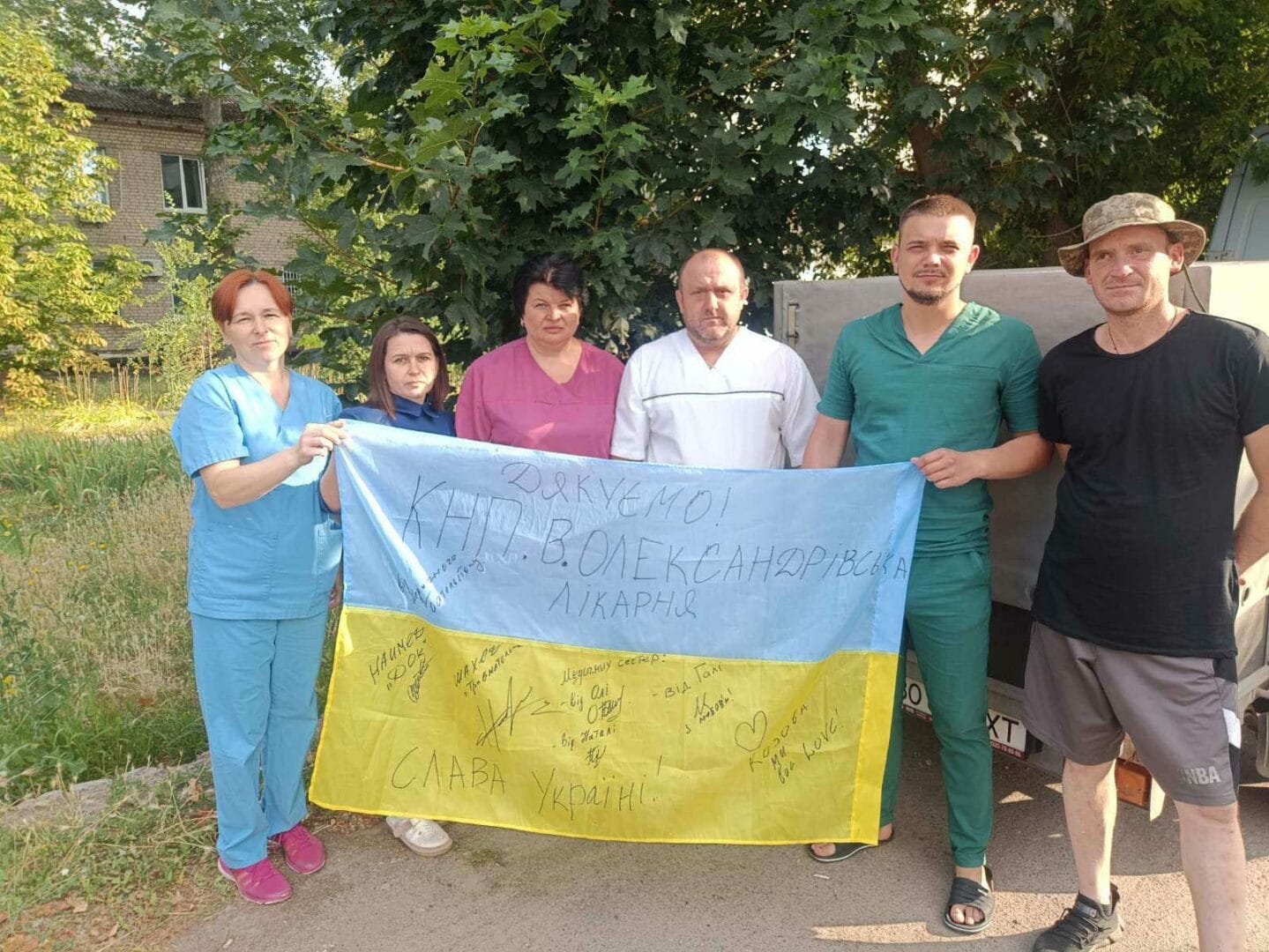
People of the Community
The head of the Kozova Settlement Territorial Community – Serhii Dobaliuk – is an energetic person, very fond of active residents, and tries to support their initiatives, focuses his attention on the improvement of territories and the development of the social sphere.
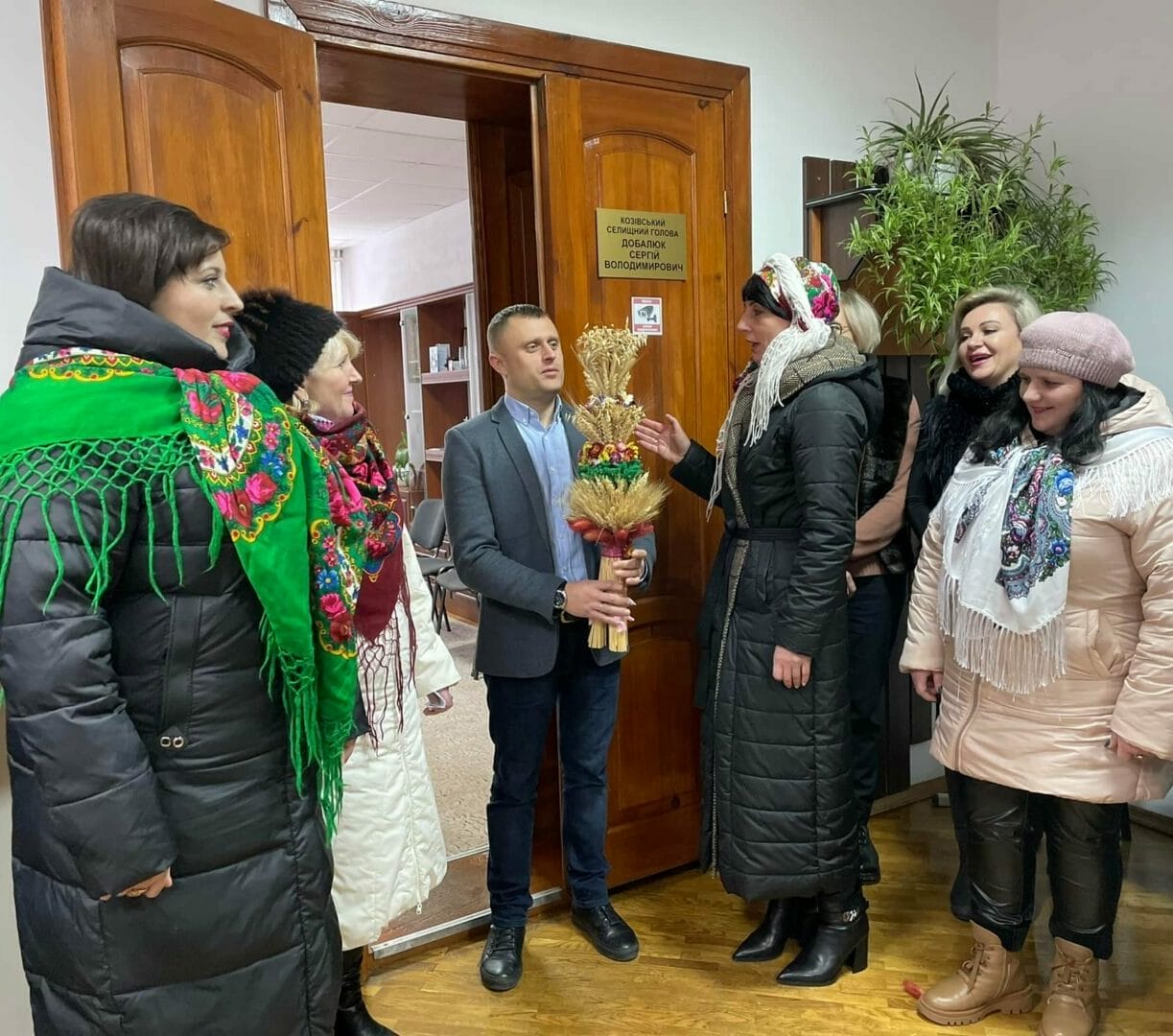
Since the beginning of his tenure, he has made every effort to implement new positive changes in the Community, takes an active part in its life, helps internally displaced persons, volunteers and tries to take the opinion of the local residents into account when making decisions.
In particular, the head of the Community signed a memorandum of cooperation with the regional manager of the Rokada charitable foundation.
This means cooperation in the field of protecting the rights, determining and meeting the needs of internally displaced persons who are temporarily living in the territory of the Kozova Community and need social assistance.
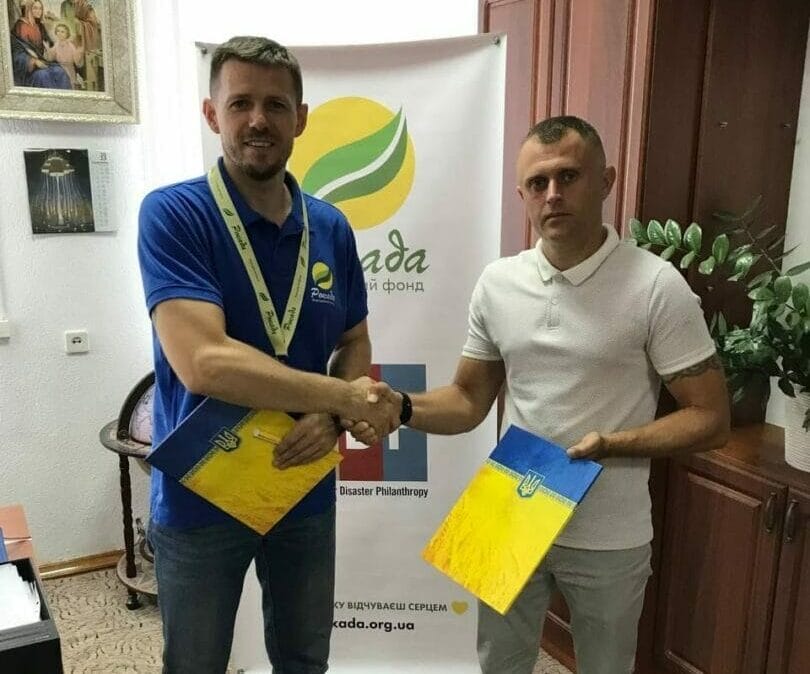
He also signed a Memorandum of Cooperation with the Posmishka UA charitable foundation. In cooperation with nongovernmental, international organizations, philanthropists, the representatives of the Community do everything to make Ukrainians from other territories of the country feel at home in the Community.
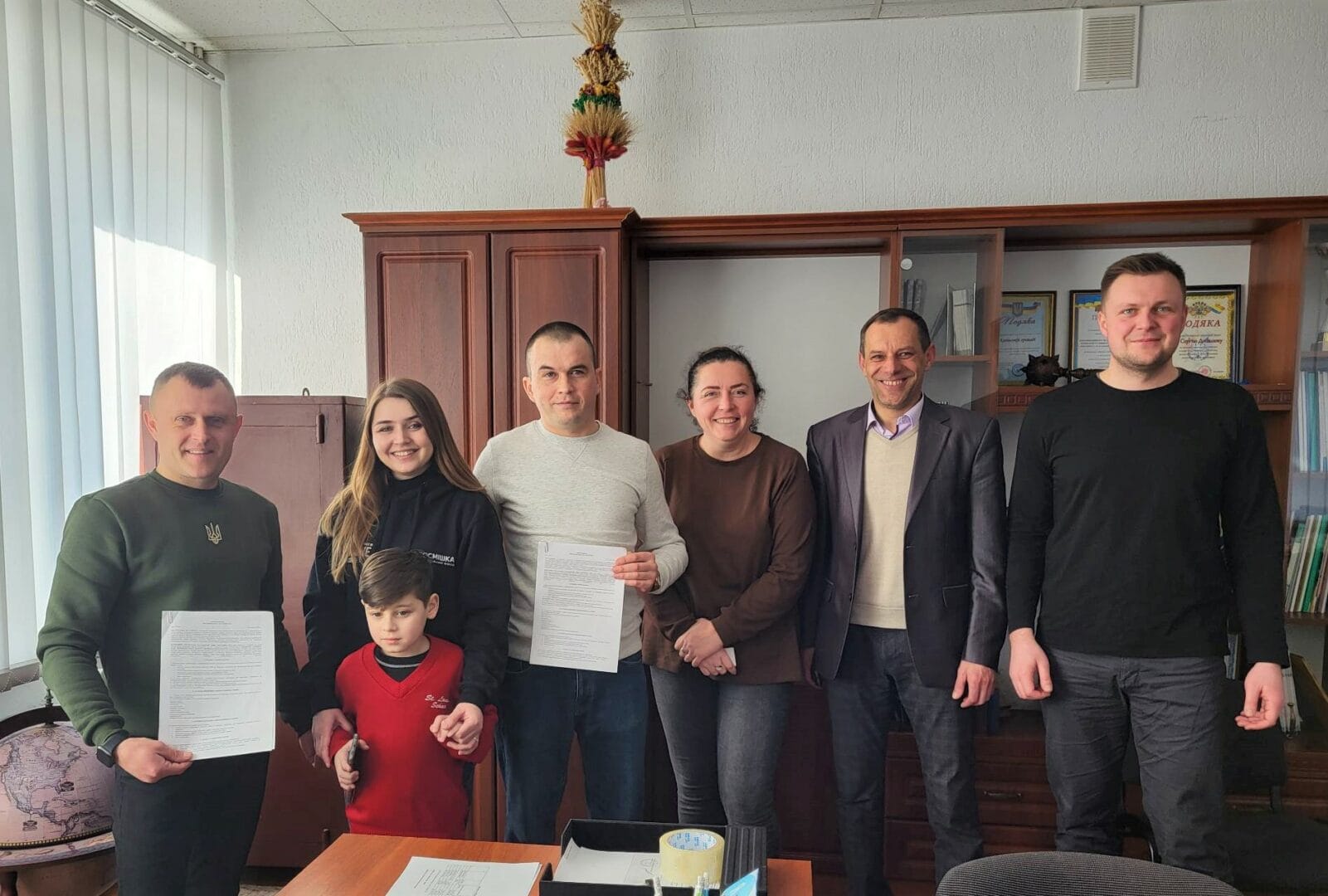
Serhii Dobaliuk promotes the collection and delivery of humanitarian aid to the territories affected by hostilities and for the Armed Forces of Ukraine. He repeatedly organized and delivered aid to the Zaporizhia, Donetsk and Kharkiv Regions.
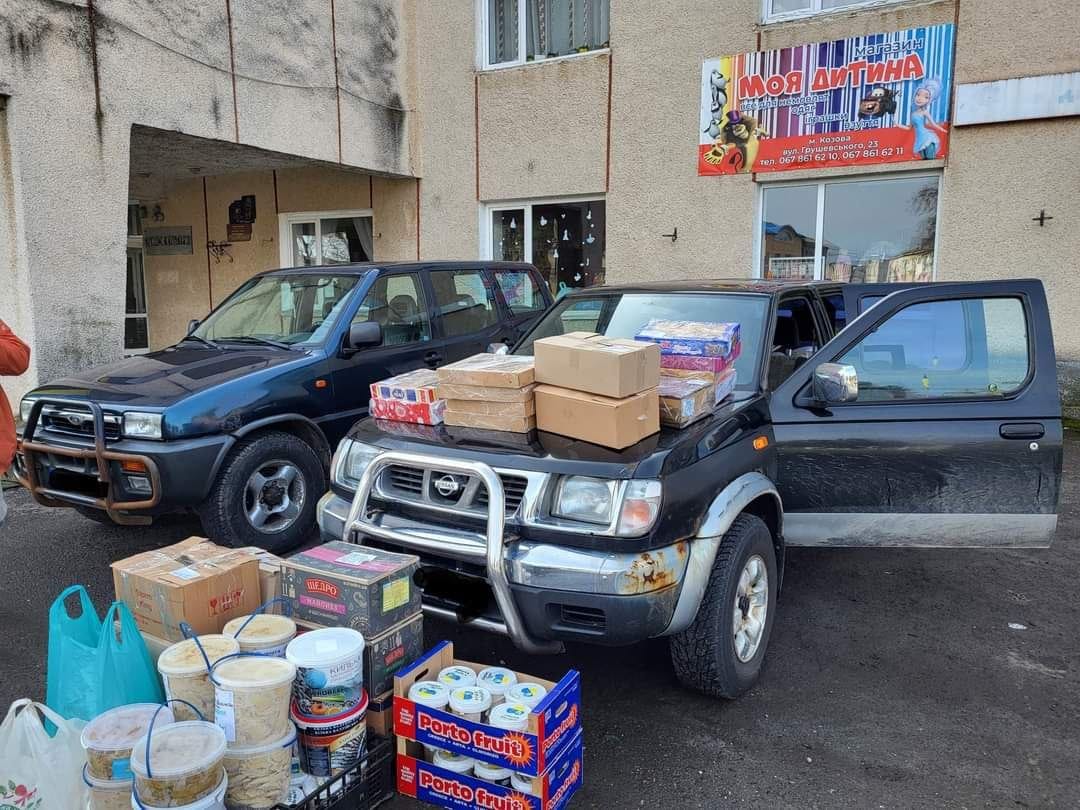
The Kozova Settlement Council is a member of the Association of Ukrainian Cities in the Ternopil Region. Within the framework of the Fine Drone for the Artillery Brigade project, which was organized by the Pokrova charitable foundation, the leaders and employees of the teams of the Kozova Settlement Council raised 106,000 hryvnias to purchase Valkyrie unmanned systems.
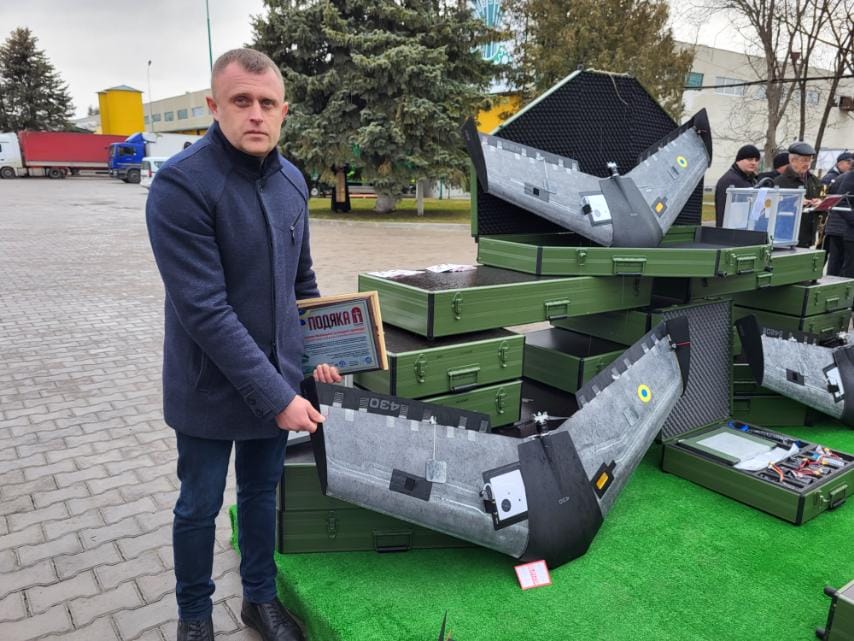
Development Strategy
The main goal of the Community is to create comfortable conditions for doing business and living, ample opportunities for social adaptation and self-realization of young people, careful treatment of pensioners and people with disabilities, responsible treatment of historical heritage and the environment. The creation of cooperatives and local food brands is supported. Local products are promoted at national festivals, holidays and fairs to gain more consumers.
The Community strives to develop quality educational, medical, cultural and sports services.
It is planned to open a workshop for processing (freezing) vegetables, fruits and berries, which is a very important issue for the Community because it will create new jobs.
